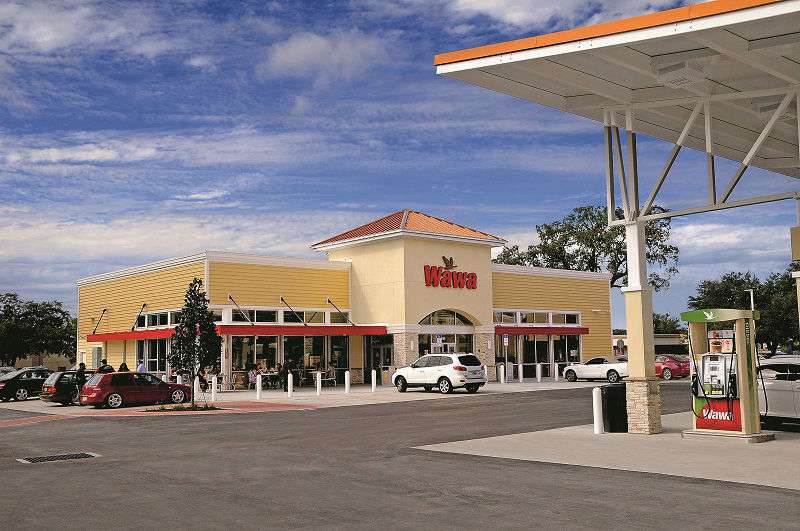
PoS malware skimmed convenience store customers’ card data for 8 months

US convenience store Wawa said on Thursday that it recently discovered malware that skimmed customers’ payment card data at just about all of its 850 stores.
The infection began rolling out to the store’s payment-processing system on March 4 and wasn’t discovered until December 10, an advisory published on the company’s website said. It took two more days for the malware to be fully contained. Most locations’ point-of-sale systems were affected by April 22, 2019, although the advisory said some locations may not have been affected at all.
The malware collected payment card numbers, expiration dates, and cardholder names from payment cards used at “potentially all Wawa in-store payment terminals and fuel dispensers.” The advisory didn’t say how many customers or cards were affected. The malware didn’t access debit card PINs, credit card CVV2 numbers, or driver license data used to verify age-restricted purchases. Information processed by in-store ATMs was also not affected. The company has hired an outside forensics firm to investigate the infection.
Thursday’s disclosure came after Visa issued two security alerts—one in November and another this month—warning of payment-card-skimming malware at North American gasoline pumps. Card readers at self-service fuel pumps are particularly vulnerable to skimming because they continue to read payment data from cards’ magnetic stripes rather than card chips, which are much less susceptible to skimmers.
In the November advisory, Visa officials wrote:
The recent attacks are attributed to two sophisticated criminal groups with a history of large-scale, successful compromises against merchants in various industries. The groups gain access to the targeted merchant’s network, move laterally within the network using malware toolsets, and ultimately target the merchant’s POS environment to scrape payment card data. The groups also have close ties with the cybercrime underground and are able to easily monetize the accounts obtained in these attacks by selling the accounts to the top tier cybercrime underground carding shops.
The December advisory said that two of three attacks bore the hallmarks of Fin8, an organized cybercrime group that has targeted retailers since 2016. There’s no indication the Wawa infections have any connection to the ones in the Visa advisories.
People who have used payment cards at a Wawa location should pay close attention to billing statements over the past eight months. It’s always a good idea to regularly review credit reports as well. Wawa said it will provide one year of identity-theft protection and credit monitoring from credit-reporting service Experian at no charge. Thursday’s disclosure lists other steps card holders can take.




